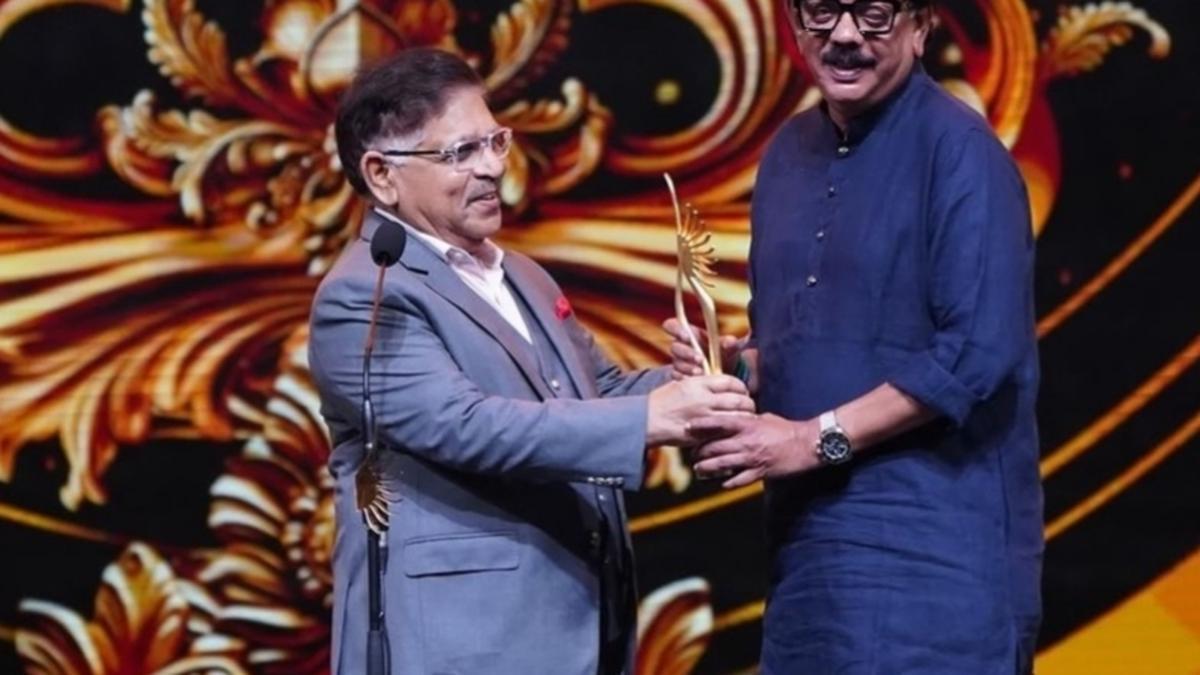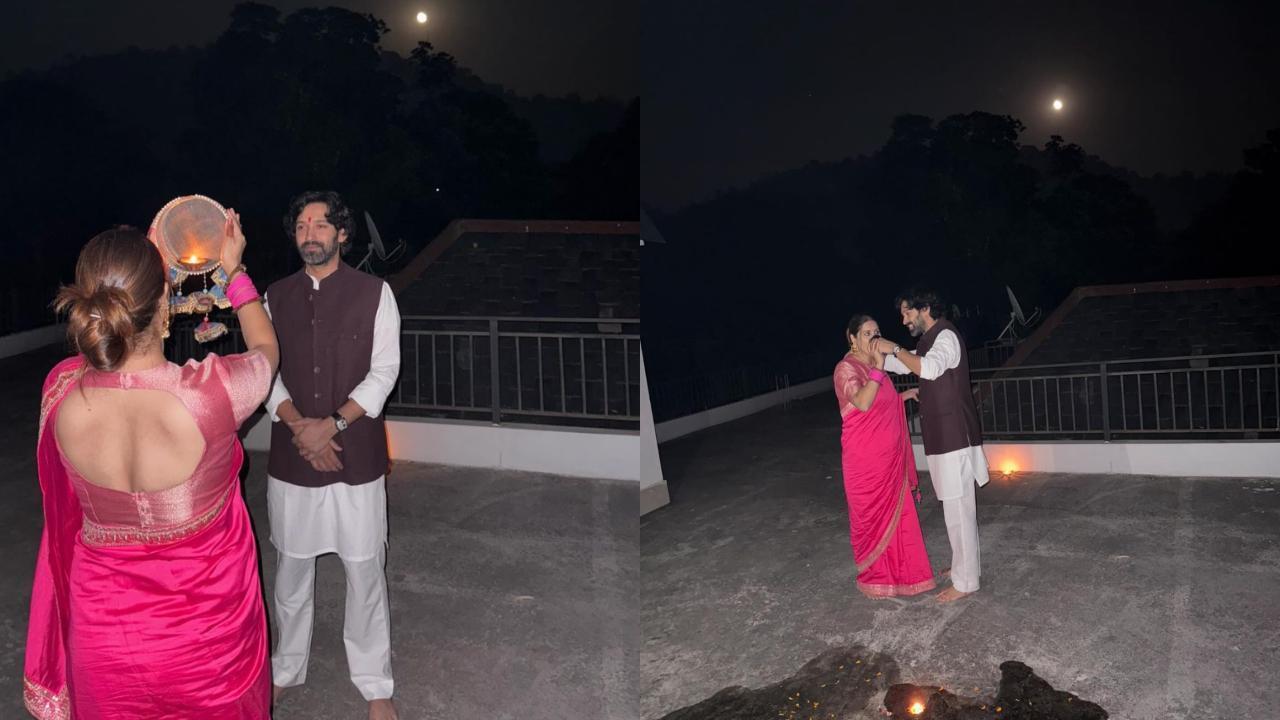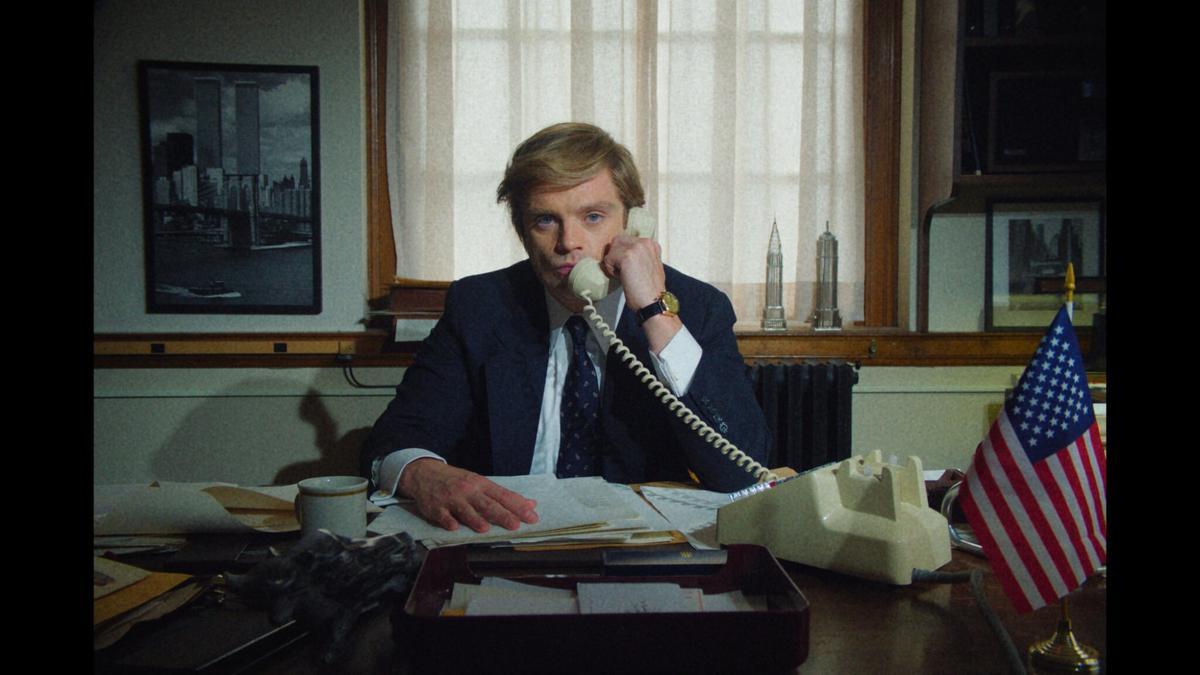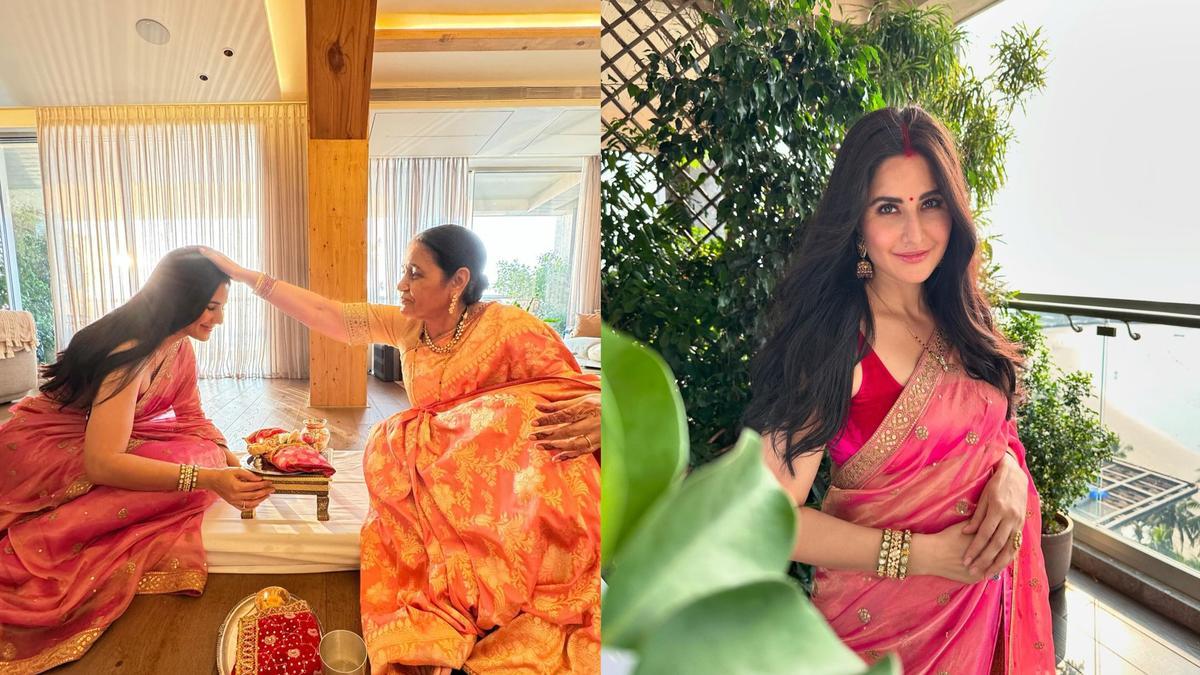
In an illustrious career spanning decades, esteemed filmmaker Priyadarshan continues to make significant contributions to Indian cinema. Recently, he was honored with the prestigious Outstanding Contribution to Indian Cinema award at the IIFA Utsavam held in Abu Dhabi. This recognition served as a testament not just to his past achievements, but also to his ongoing influence in the film industry. At the event, the spotlight was firmly on Priyadarshan, particularly regarding his much-anticipated project, “Bhoot Bhangla,” which marks his return to Bollywood alongside actor Akshay Kumar.
Speaking to the reporters with characteristic optimism and humility, Priyadarshan shared his enthusiasm about the project. “I am back with a big Bollywood project after a long time. Moreover, I am reuniting with Akshay Kumar after ages. It’s going to be a special film, and I am positive about recreating the magic,” he remarked, hinting that his partnership with the beloved Bollywood star could spell another box office hit.
However, Priyadarshan’s achievements extend beyond his immediate projects. He is also preparing for a milestone in his career: the production of his 100th film. Rumors suggest that for this significant endeavor, he is collaborating with his longtime friend and superstar Mohanlal, a partnership that promises to generate significant excitement and anticipation within the film community.
In an insightful conversation with The Hindu at the event, Priyadarshan delved into a reflective analysis of his career and the ever-evolving Malayalam film industry. His observations provided a window into the transformation of the industry and the new challenges it presents to filmmakers.
“Stardom is still there,” Priyadarshan observed, noting that industry veterans such as Mammootty and Mohanlal continue to dominate. However, he acknowledged the shift in focus among emerging filmmakers towards content-driven narratives as opposed to conventional storytelling. According to him, current filmmakers engage with realistic scenarios, which is notably evident in contemporary Malayalam films. He highlighted that while earlier films often depicted couples separated by societal pressures like caste or class, modern narratives are more introspective, exploring internal conflicts within relationships, thus showcasing the nuanced perspectives of today’s writers and filmmakers.
.
He continued by reflecting on the struggles faced by many of his contemporaries who, despite their superior filmmaking skills, have sadly exited the industry. The main reasons for their departure, he suggested, are their inability to adapt to the ever-changing film landscape and technological advancements. Priyadarshan stressed the importance of acknowledging trends and learning from the younger generation, emphasizing the value of staying updated to remain relevant. He modestly admitted that he often seeks feedback from his own children when brainstorming ideas for scripts, echoing insights from filmmaker Peter Chan on learning through generational knowledge exchange.
On the comedic aspect of film, Priyadarshan noted that since the days of legendary figures like Charlie Chaplin, humor’s core essence has remained unchanged. “If you can make a child laugh, consider your job done,” he advised. Nonetheless, he expressed concern that modern comedy often leans towards double entendres, a trend he believes alienates family audiences. According to Priyadarshan, the decline in family attendance at theaters is attributed more to the vulgarity in contemporary films than to the rise of OTT platforms. Citing the movie “Hridayam” as a model of successful clean storytelling, he pointed out its triumph as a clean relationship drama that addresses modern issues, proving that families crave quality, family-friendly cinema.
Comparing the past to present-day filmmaking, Priyadarshan nostalgically recalled how he once marveled at Bollywood’s sophisticated aesthetics, yearning to elevate Malayalam cinema to that level. It was this drive that led him to create acclaimed Hindi remakes of regional films such as “Bhool Bhulaiyaa” and “Hera Pheri.” However, he acknowledged a common pitfall in Hindi remakes today: filmmakers failing to cater to Indian audiences’ appetites for distinctive content, which often leads to commercial failures.
In closing, Priyadarshan expressed his personal loss over the passing of cherished veteran actors who were pivotal to the industry. These esteemed actors, often from theatrical backgrounds, masterfully embodied their characters, creating a strong connection with audiences. He lamented that today even the most talented character actors face industry limitations, with their careers often diminishing within just five to six years.
Priyadarshan’s reflections and revelations underline his enduring legacy and adaptable spirit, as he continues to navigate and shape the evolving landscape of Indian cinema.










